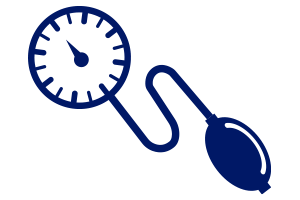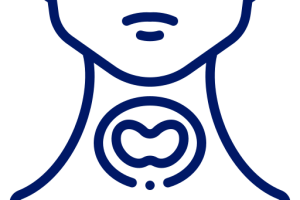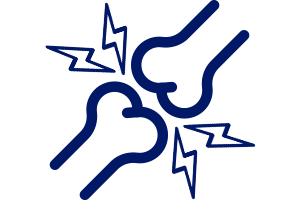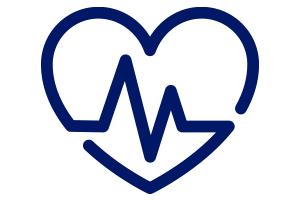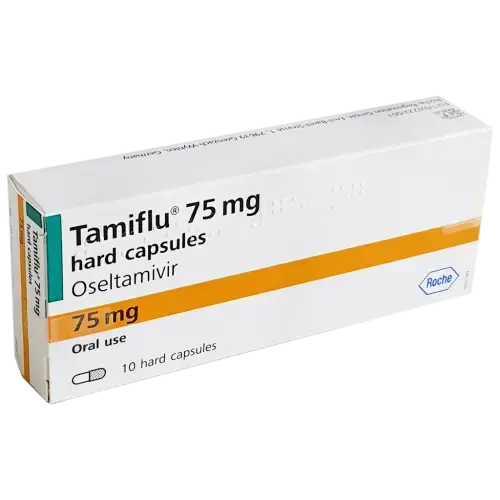What is Influenza (flu)? Flu is a contagious respiratory illness caused by influenza viruses. It attacks the respiratory system (nose, throat and lungs). Flu is not the same as stomach 'flu' viruses which cause diarrhea and vomiting. It also is different from the common cold. Flu usually delvelops suddenly and may seem like a cold with a runny nose, sneezing and sore throat to start. However if you have flu you will find you will generally feel a lot worse than you would with a cold. A common cold usually develops much slower and you dont feel so ill. How can you get Influenza (flu)? The virus travels through the air in droplets when someone with the infection sneezes, coughs or talks. These droplets can be inhaled directly or you can pick up the germs from items which you may touch with your hands (example: mobile phone, keyboard, door handles) and they are then transferred to your eyes, nose or mouth. Contagion: Someone who has got the virus is usually contagious a day before symptoms appear until five days after they start. Children, 65 year olds and older and people with a weakened immune system may be contagious for longer. What are the Symptoms of Influenza (flu)? Fever and/or chills and sweats Aching muscles Headache Dry persistant cough Shortness of breath Tiredness and weakness Runny and stuffy nose Sore throat Eye pain Vomiting and diarrhoea (this is more common in children than adults) Please be aware you may not suffer from all these symptoms if you have flu. People with an increased risk of developing flu or complications with it are: Young children 6 months to 5 years and the elderly 65 years and over are usually targetted by seasonal flu. People who live or work in facilities with many other residents (Example: Nursing homes, Hospitals etc) People who have a weakened immune system (Example: Cancer patients, organ transplant patients, patients with HIV or Aids etc) People with chronic illness (Example: Asthma, diabetes, heart disease etc) People of native american background. People under 19 that are on long-term aspirin therapy. Pregnant people (more likely to develop complications especially during second and third trimesters). Also upto two weeks after the birth of the child. Obese people who have a BMI of 40 or more. Complications with flu can include pneumonia, bronchitis, asthma flare ups, heart problems, ear infections and accute respiratory distress syndrome. Avoid the spread: Wash your hands thoroughly. Cover you mouth or nose if you cough or sneeze (then wash hands and bin used tissues as quickly as possible) Clean surfaces Avoid crowds Treatments: Anti-Viral drugs (we stock Tamiflu) Flu vaccination Over the counter medicines (see our cold and flu section) Anti-viral drugs are best to be taken ASAP once you have flu. Best results are generally seen when treatment is started within two days of getting the flu. When taken this soon it can lessen fever and flu symptoms and shorten the amount of time you are sick by one day. These drugs can also reduce the risk of complications. You can take anti-viral drugs later than two days of getting symptoms as it can still be beneficial especially if you are more suseptable to complications. Remember anti-viral drugs are not a substute for getting the flu vaccine. The flu vaccine is one of the best ways to help prevent seasonal flu and its potentially serious complications.
Learn More...- Shop/Treatments
- Prescription Treatments
-
- View All Treatments

-

-
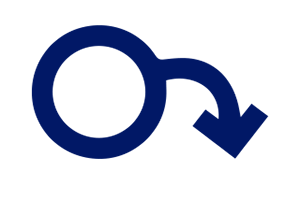
-

-
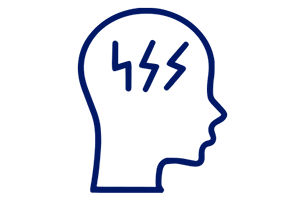
-
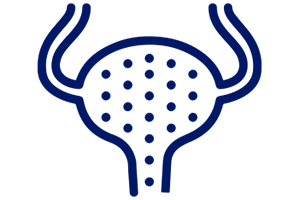
-
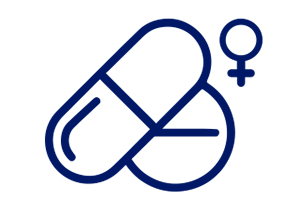
-

-

-

-
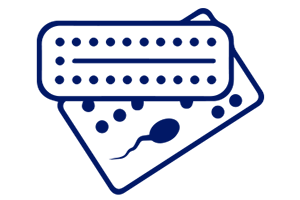
-

-

-

-

-
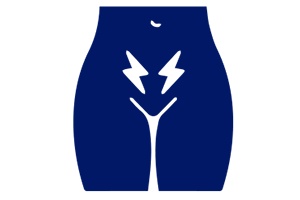
-

-
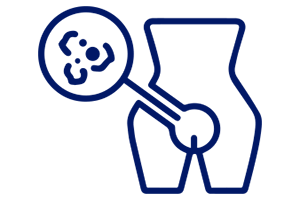
-

-

-

-

-

-

-

-
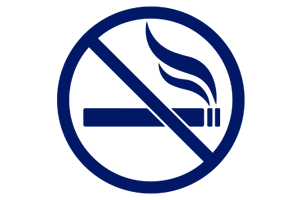
-

-

-
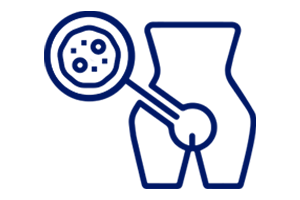
-

-
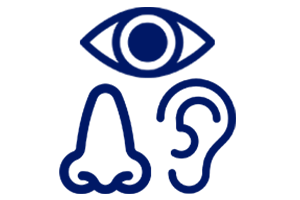
-
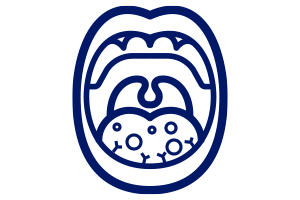
- View All Treatments

- View All Treatments
-
- Pharmacy Shop
-
- View All Treatments

-

-

-
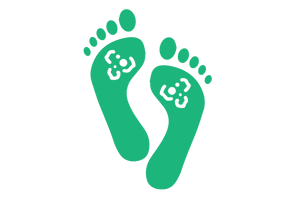
-

-

-

-

-
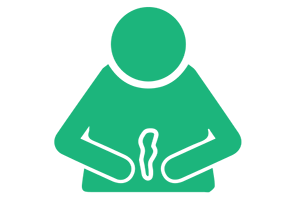
-
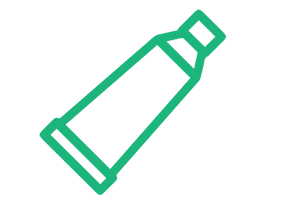
-

-

-
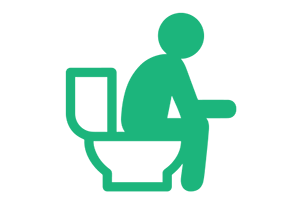
-

-
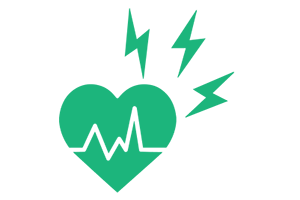
-

-

-
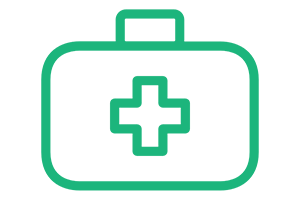
-

-
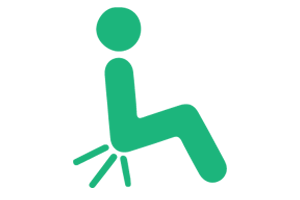
-
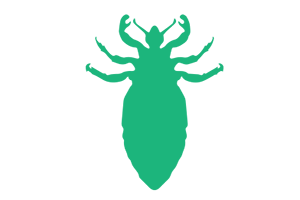
-

-

-
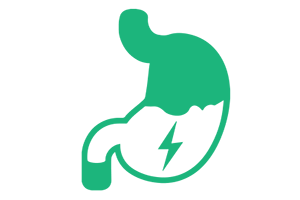
-

-

-

-
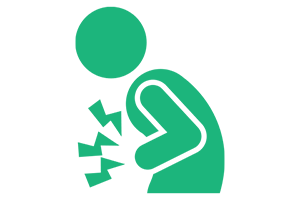
-
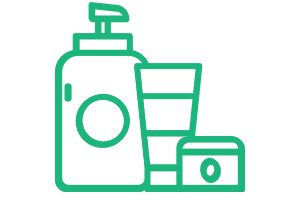
-
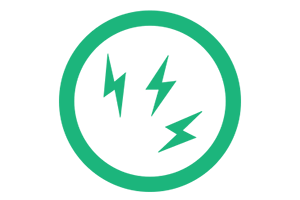
-

-

-

-

-
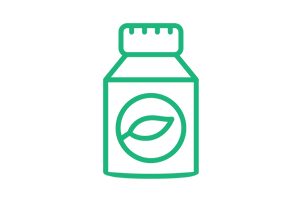
-
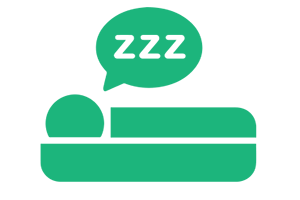
-

-

-

-

-

-

-

-

- View All Treatments

- View All Treatments
-
- Emergency Medications
- Premium Supplements
- Prescription Treatments

 Account
Account

